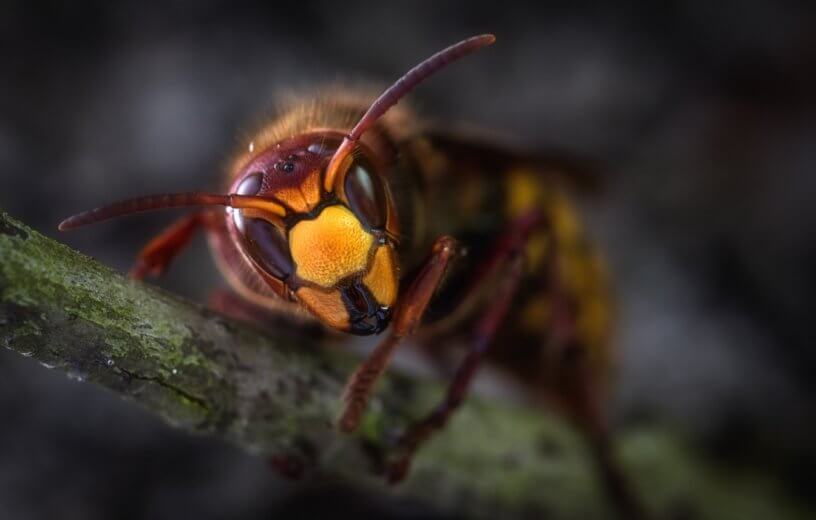ITHACA, N. Y. — When it comes to intelligence, a certain species of wasp flies above the majority of insects found on our planet. Researchers at Cornell University have made the groundbreaking discovery that the Northern paper wasp (Polistes fuscatus) has evolved the remarkable ability to recognize individual faces among its own kind. While that may not sound all that fancy to us humans, in the insect world that is an incredible and exceedingly rare feat.
Using population genomics, the study’s authors discovered that the Northern paper wasp’s ever evolving intelligence has served as an invaluable survival resource for the species. Moreover, these findings represent an important piece of the puzzle when it comes to tracing how intelligence evolves over time, not only among wasps but in a variety of other species — including humans.
“The really surprising conclusion here is that the most intense selection pressures in the recent history of these wasps has not been dealing with climate, catching food or parasites but getting better at dealing with each other,” says senior author Michael Sheehan, professor of neurobiology and behavior, in a release. “That’s pretty profound.”
Facial recognition is relatively common among vertebrates, but rarely seen in insects. So, in order to explore how the Northern paper wasp developed such an ability, researchers analyzed genetic variation patterns within the species.
“It’s kind of like 23andMe, but with paper wasps,” Sheehan explains.
The few insect species capable of recognizing faces share a uniting trait: the tendency to live in communal societies with more than one queen. Researchers hypothesize that the presence of multiple queens is a major reason why these types of wasps have evolved to recognize unique faces.
Take honey bees for example. These insects cannot recognize faces and their colonies only serve one queen at a time. As such, each bee in the colony has a clear “job,” and knows its place. Northern paper wasps, on the other hand, typically serve five or more queens all in one nest. It’s theorized that the ability to recognize faces helps wasp queens negotiate amongst each other, and allows these more intricate colonies to function efficiently.
“Our finding indicated that cognitive evolution is not necessarily incremental,” Sheehan concludes. “There are mutations happening that cause big shifts. This suggests the possibility that rapid adaptation of cognitive ability could have been important in other species as well, like language in humans.”
The study is published in Proceedings of the National Academy of Sciences.
